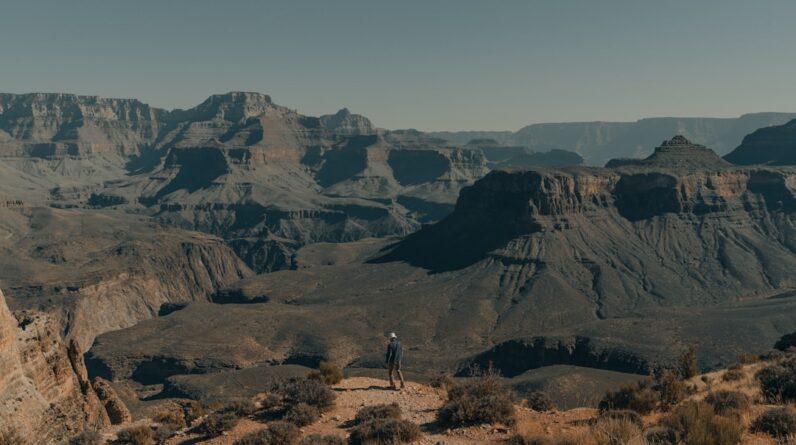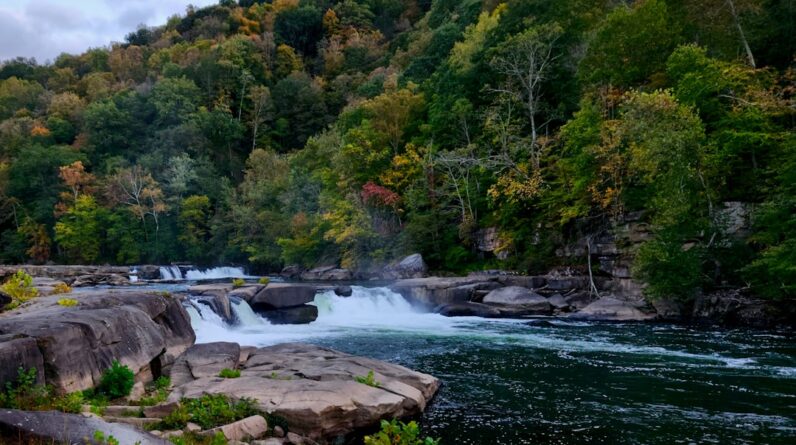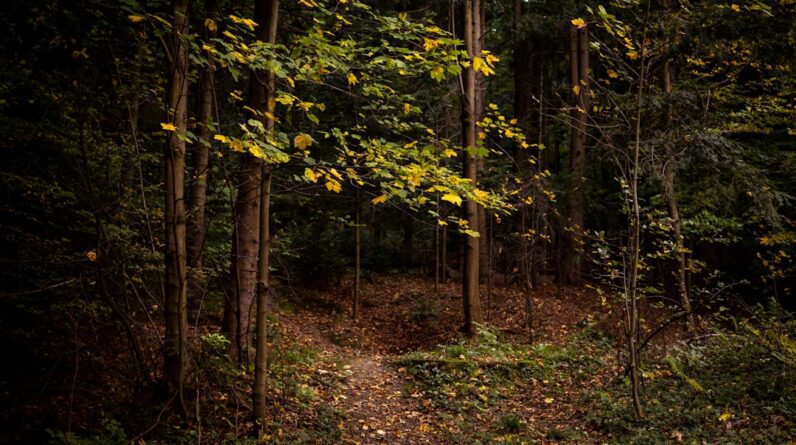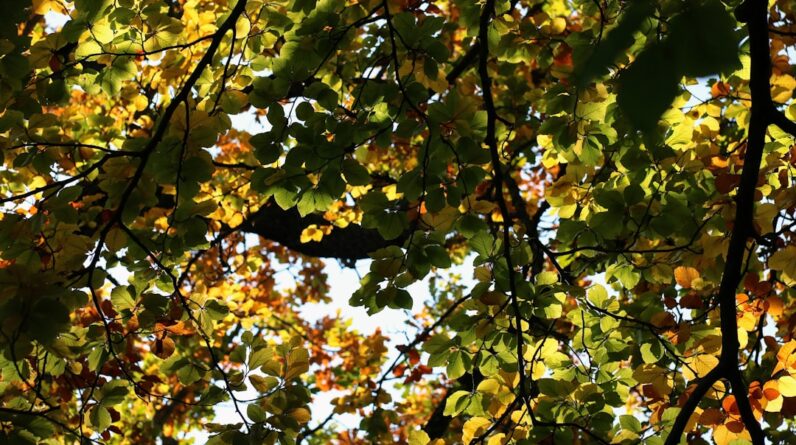Vancouver Island is a haven of natural beauty, with its stunning coastline, lush forests, and diverse wildlife. It is a destination that attracts nature lovers and outdoor enthusiasts from around the world. However, with the increasing popularity of tourism, it is crucial to prioritize sustainable practices to ensure the preservation of this pristine environment for future generations.
Sustainable tourism is essential for the long-term health and preservation of Vancouver Island’s natural beauty. By practicing sustainable tourism, visitors can minimize their impact on the environment and support local communities. This means being mindful of our actions and making choices that have a positive impact on the environment, culture, and economy of the island.
Key Takeaways
- Vancouver Island boasts stunning natural beauty, from its beaches to its forests.
- Coastal camping is a great way to explore the island’s beaches and enjoy the ocean views.
- Hiking through the island’s lush forests offers a chance to see diverse flora and fauna.
- Camping in the island’s provincial parks provides access to amenities and beautiful scenery.
- Wildlife watching is a popular activity on Vancouver Island, with opportunities to spot bears, whales, and more.
Coastal Camping
Vancouver Island is home to some of the most beautiful beaches in Canada, making it an ideal destination for coastal camping. Long Beach in Pacific Rim National Park Reserve is one of the most popular spots for camping. With its expansive sandy shores and stunning sunsets, it offers a truly magical camping experience. Other notable beaches for camping include Rathtrevor Beach Provincial Park and Sombrio Beach.
When camping on the beach, there are plenty of activities to enjoy. You can go for long walks along the shoreline, build sandcastles, fly kites, or simply relax and soak up the sun. The beaches also offer excellent opportunities for wildlife spotting, such as seals, sea lions, and various bird species.
When beach camping, it is important to follow some tips to minimize your impact on the environment. Always camp in designated areas and avoid trampling on sensitive dune vegetation. Pack out all your trash and leave no trace behind. Respect wildlife by keeping a safe distance and not feeding them.
Hiking Through the Island’s Lush Forests
Vancouver Island is renowned for its lush forests and offers numerous hiking trails that showcase its natural beauty. One of the most popular trails is the West Coast Trail in Pacific Rim National Park Reserve. This challenging 75-kilometer trail takes hikers through old-growth forests, along rugged coastlines, and past stunning waterfalls.
For those seeking a less strenuous hike, the Juan de Fuca Marine Trail is a great option. This 47-kilometer trail offers breathtaking views of the coastline and takes hikers through beautiful forests and across suspension bridges.
When hiking in the forest, it is important to be prepared and follow some tips for a safe and enjoyable experience. Always carry a map, compass, and other essential gear. Wear appropriate clothing and footwear, and be aware of changing weather conditions. It is also important to be respectful of the environment by staying on designated trails and not disturbing wildlife or vegetation.
Camping in the Island’s Provincial Parks
| Park Name | Number of Campsites | Maximum Stay | Reservation Availability |
|---|---|---|---|
| Algonquin | 1,900 | 21 nights | Year-round |
| Bon Echo | 531 | 23 nights | Year-round |
| Frontenac | 48 | 5 nights | May to October |
| Killarney | 184 | 23 nights | Year-round |
| Mikisew | 50 | 14 nights | May to October |
Vancouver Island is home to several provincial parks that offer excellent camping opportunities. Strathcona Provincial Park, located in the center of the island, is the oldest provincial park in British Columbia and offers a range of camping options. With its rugged mountains, pristine lakes, and abundant wildlife, it is a paradise for outdoor enthusiasts.
Another popular provincial park for camping is Goldstream Provincial Park, located just outside of Victoria. This park is known for its beautiful waterfalls, lush forests, and salmon spawning in the fall.
In addition to camping, these parks offer a variety of activities such as hiking, fishing, and wildlife watching. Visitors can explore the park’s trails, go for a swim in the lakes or rivers, or simply relax and enjoy the peaceful surroundings.
Wildlife Watching
Vancouver Island is home to a diverse range of wildlife, making it a prime destination for wildlife watching. The island’s coastal waters are teeming with marine life, including whales, seals, sea lions, and otters. The best places to spot whales are in the waters around Victoria and Tofino.
For bear watching, the Great Bear Rainforest on the central and northern coast of the island is a must-visit. This pristine wilderness is home to the rare and elusive Spirit Bear, as well as grizzly bears and black bears.
When wildlife watching, it is important to follow some guidelines to ensure the safety of both humans and animals. Always keep a safe distance from wildlife and never approach or feed them. Use binoculars or a telephoto lens to observe animals from a distance. It is also important to respect their habitat by staying on designated trails and not disturbing their natural behavior.
Exploring the Island’s Ancient Indigenous Cultures
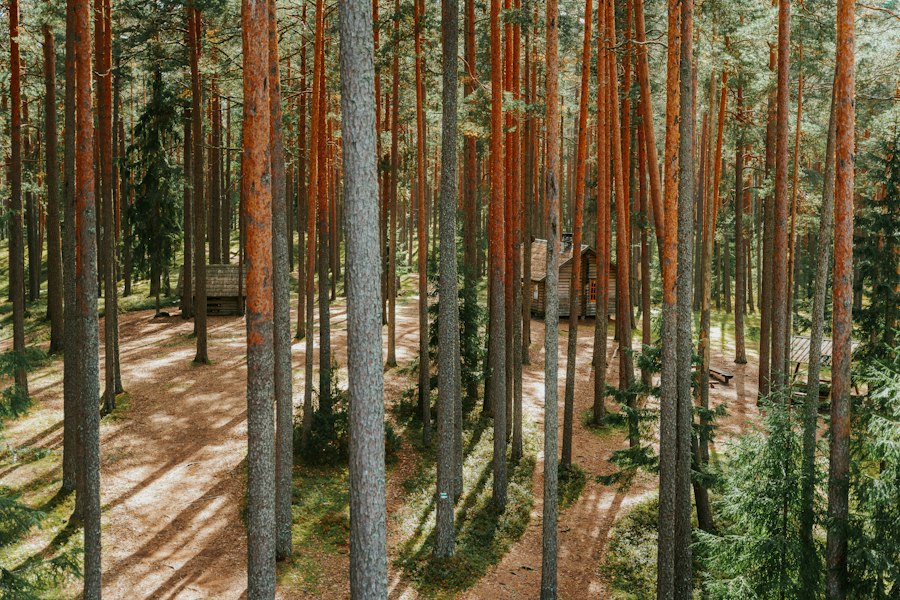
Vancouver Island has a rich history of indigenous cultures, with several First Nations communities still thriving on the island today. Visitors have the opportunity to learn about these ancient cultures and their traditions by visiting various cultural centers and museums.
The U’mista Cultural Centre in Alert Bay is a must-visit for those interested in indigenous history and culture. It houses a collection of masks, carvings, and other artifacts that showcase the artistry and spirituality of the Kwakwaka’wakw people.
Another notable cultural center is the Royal BC Museum in Victoria, which offers exhibits on the indigenous peoples of British Columbia. Visitors can learn about their history, art, and traditional ways of life.
When exploring indigenous cultures, it is important to approach with respect and humility. Seek permission before entering sacred sites or participating in cultural activities. Respect traditional protocols and customs, such as asking permission before taking photographs or recordings.
Fishing Adventures
Vancouver Island is a paradise for fishing enthusiasts, with its abundance of rivers, lakes, and coastal waters. The island offers excellent opportunities for salmon fishing, with popular spots including Campbell River, Port Alberni, and the Cowichan River.
Trout fishing is also popular on Vancouver Island, with lakes such as Cowichan Lake and Sproat Lake known for their trophy-sized fish. Fly fishing is a popular method for trout fishing, with many rivers and streams offering excellent opportunities.
When fishing on Vancouver Island, it is important to follow sustainable practices to ensure the long-term health of fish populations. Practice catch and release whenever possible, and only keep what you need for consumption. Follow all fishing regulations and obtain the necessary licenses.
Kayaking and Canoeing
Vancouver Island’s pristine waterways offer excellent opportunities for kayaking and canoeing. The Broken Group Islands in Pacific Rim National Park Reserve are a popular destination for kayakers, with their sheltered waters and stunning scenery. The Gulf Islands, located between Vancouver Island and the mainland, also offer excellent paddling opportunities.
When kayaking or canoeing, it is important to be prepared and follow some safety guidelines. Always wear a personal flotation device (PFD) and carry essential safety gear such as a whistle, paddle float, and bilge pump. Be aware of tides, currents, and weather conditions, and plan your route accordingly. It is also important to respect the environment by not disturbing wildlife or damaging vegetation.
Family-Friendly Camping
Vancouver Island offers plenty of activities for families to enjoy together while camping. Many campgrounds have amenities such as playgrounds, swimming areas, and picnic areas. Rathtrevor Beach Provincial Park is a popular choice for families, with its sandy beach and calm waters.
There are also numerous family-friendly activities to enjoy on the island. Families can go on nature walks, visit wildlife rehabilitation centers, or take part in educational programs offered by parks and cultural centers.
When camping with kids, it is important to plan ahead and be prepared. Pack plenty of snacks, games, and activities to keep them entertained. Teach them about Leave No Trace principles and the importance of respecting nature.
Sustainable Camping
Sustainable camping is crucial for the long-term health and preservation of Vancouver Island’s natural beauty. Leave No Trace principles provide guidelines for minimizing our impact on the environment while enjoying outdoor activities.
Some tips for practicing sustainable camping on Vancouver Island include packing out all trash, using biodegradable or reusable products, and minimizing campfire impacts. Respect wildlife by observing from a distance and not feeding them. Stay on designated trails and campsites to avoid damaging vegetation.
By practicing sustainable camping, we can ensure that future generations can continue to enjoy the beauty of Vancouver Island.
Vancouver Island is a treasure trove of natural beauty, offering a wide range of activities for outdoor enthusiasts. From coastal camping to hiking through lush forests, there is something for everyone to enjoy. However, it is important to prioritize sustainable practices to ensure the preservation of this pristine environment.
By following guidelines for responsible tourism, such as practicing Leave No Trace principles and respecting indigenous cultures, visitors can minimize their impact on the environment and support local communities. Let us all strive to leave Vancouver Island better than we found it, so that future generations can continue to experience its natural wonders.
If you’re planning a camping adventure on Vancouver Island, you might also be interested in learning about the health benefits of avocado. Avocados are not only delicious but also packed with nutrients that can support your overall well-being. Check out this article on Travelogs.org to discover why avocados should be a staple in your camping meals. https://travelogs.org/health-benefits-of-avocado/




